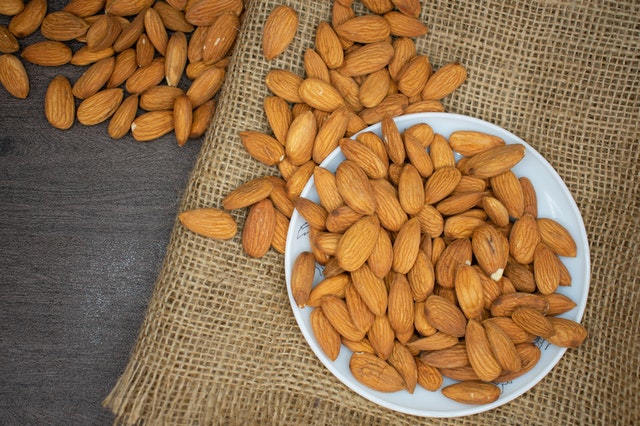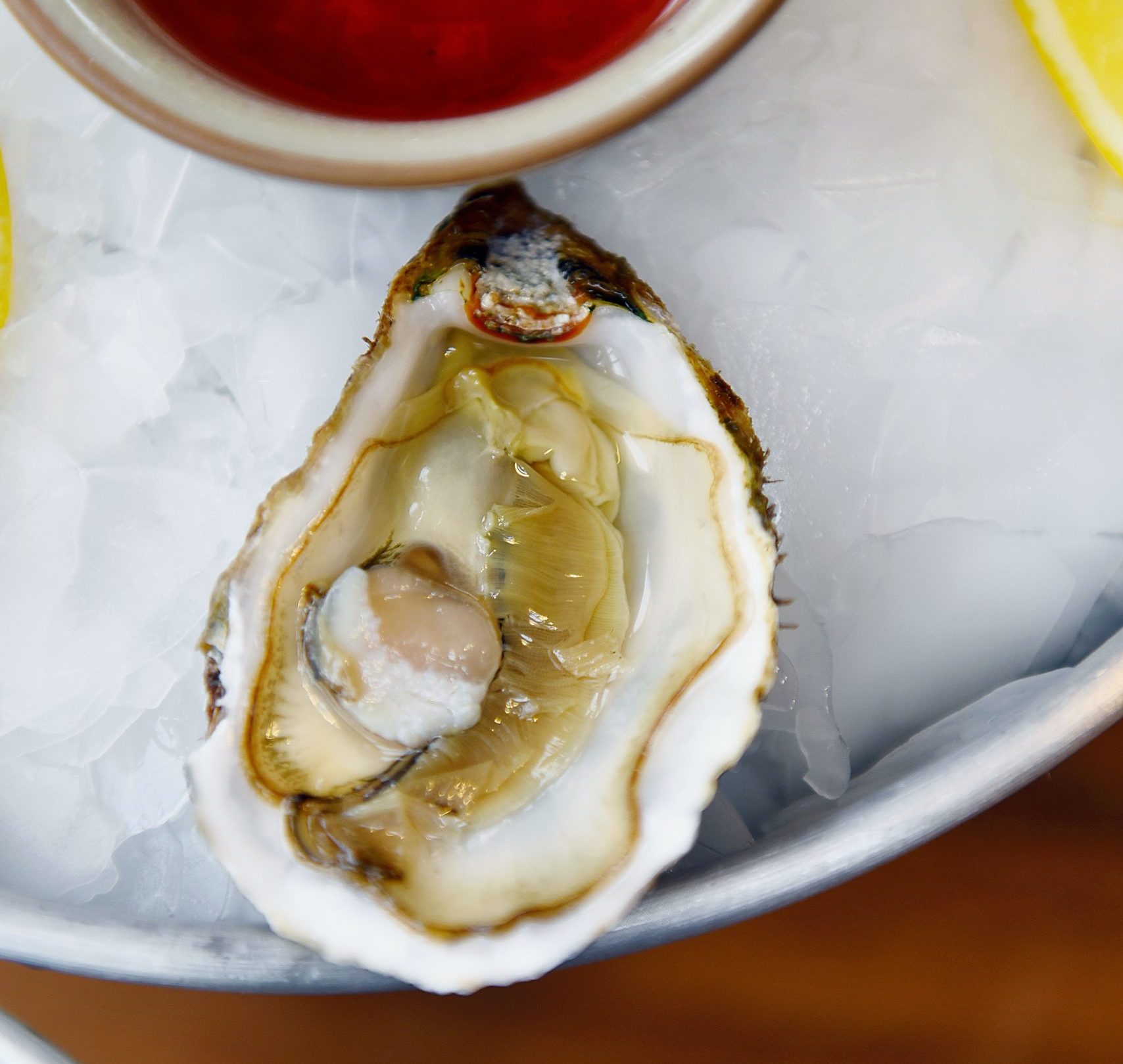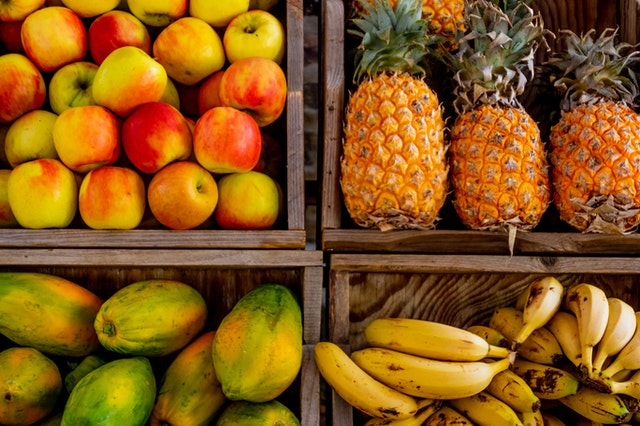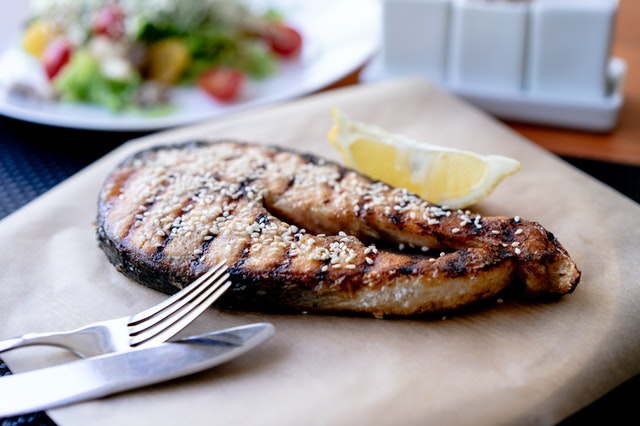
With the pandemic devastating the world in early 2020, it has never been more essential to take
care of our health, specifically our immune system. Suddenly, everyone started asking themselves: what can I do to protect myself from the virus?
Think of your body as a castle, and COVID-19 the enemy. You surround your castle with guards, lots of them, and devise your defensive strategy against the “Orcs,” our metaphor for the COVID-19 pathogens who are trying to sneak their way into our fortresses. But if the guards are strong, healthy and highly skilled, they will succeed in defending the castle, or lessening the impact of a devastating attack.
That’s what our immune system is. It’s our body’s greatest defender from viruses and bacteria. It may not always stop viruses from entering our bodies (social distancing, wearing a proper face mask, and getting vaccinated are still the best ways to fight COVID-19), but it can help reduce the severity of the illness, as well as help you bounce back easier.
So now the question is, what do we feed our castle guards? Definitely not junk food, and high- fat foods, or what we call empty calories.
The rule of thumb is, the more colorful, the more nutrient-rich the food is. Doctors advise to get as much variety of colors in your daily diet.
Here’s a simple guide to 5 Food Nutrients to Fortify Your Immune System, and it’s fairly easy to memorize. Bring this list with you during your next grocery day.

When it comes to immunity, Vitamin C is the most popular nutrient. Vitamin C is a potent antioxidant that also repairs tissues and the enzymatic production of certain neurotransmitters. It also increases the production of white blood cells, which are key to fighting infections.
Luckily, citrus fruits are not only chock-full of Vitamin C, but also wonderfully refreshing and delicious. Our bodies do not naturally produce Vitamin C, so it takes conscious effort to incorporate this vitamin in our daily lives. The most common way? Drinking a cup of freshly- squeezed orange juice in the morning. But did you also know there are other fruits and vegetables high in Vitamin C? Check out this list.
- Kiwi fruit
- Red and green peppers
- Spinach, Kale and Broccoli
- Strawberries
- Citrus fruits and juices (such as orange and grapefruit)

The first thing that comes to mind when Vitamin E is mentioned is beauty products. While it is hailed as an age-defying antioxidant skincare ingredient, Vitamin E is an important immunity booster. But what exactly is Vitamin E?
Vitamin E is a workhorse of a nutrient. Not only is it a major antioxidant, it also works with selenium to help prevent the breakdown of certain enzymes necessary to the body’s metabolism. It widens blood vessels, and helps to keep clots from forming in them. Here’s the list of foods rich in Vitamin E.
- Wheat germ oil
- Almonds
- Sunflower seeds
- Hazelnuts
- Peanut butter
Zinc

Zinc is very important for our immune systems. Without an adequate amount of it, experts say, a person is vulnerable to illnesses. Other functions include healing wounds, and supporting normal growth of the cells in our bodies. Zinc is also considered an important nutrient for pregnant women, so their babies would grow normally.
While zinc deficiency is uncommon in North America, developing countries are known to suffer from zinc deficiency.
Eat these foods to boost your zinc levels.
- Oysters
- Baked beans
- Cashews
- Raisin Bran
- Chickpeas
Carotenoids

How to get your fill of carotenoids? A plant-based or vegetarian diet is full of these boosters. There’s a reason why our parents always reminded us to eat our vegetables. They’re good for us! Add these to your pantry.
- Carrots
- Kale
- Apricots
- Papaya
- Mango
- Sweet potatoes
- Spinach
- Collard greens
Omega-3 Fatty Acids

Omega-3 fatty acids are considered special for a reason. They’re called essential because, unlike other fats, your body can’t synthesize them. So like Vitamin C, we need to consciously look for Omega-3 fatty acids in the food that we eat.
Here’s how important this super nutrient is. According to harvard.edu, ”they are an integral part of cell membranes throughout the body and affect the function of the cell receptors in these membranes. They provide the starting point for making hormones that regulate blood clotting, contraction and relaxation of artery walls, and inflammation.”
Further, “they also bind to receptors in cells that regulate genetic function. Likely due to these effects, omega-3 fats have been shown to help prevent heart disease and stroke, may help control lupus, eczema, and rheumatoid arthritis, and may play protective roles in cancer and other conditions.”
Try these omega-3-rich foods:
- Oily fish (including mackerel, tuna, salmon, sardines, herring, and trout)
- Flaxseed
- Walnuts
- Chia seeds
Hippocrates once said, “let food be thy medicine, and thy medicine shall be thy food.” These are wise words from the ancient Greek physician that we in the 21st century would be smart to listen to and follow in our day-to-day lives. Hope you learned a lot from this blog. Tell us what other superfoods and nutrients we should include in the list.
References: https://linkmix.co/4867162
Tags


0 Comments
Trackbacks/Pingbacks